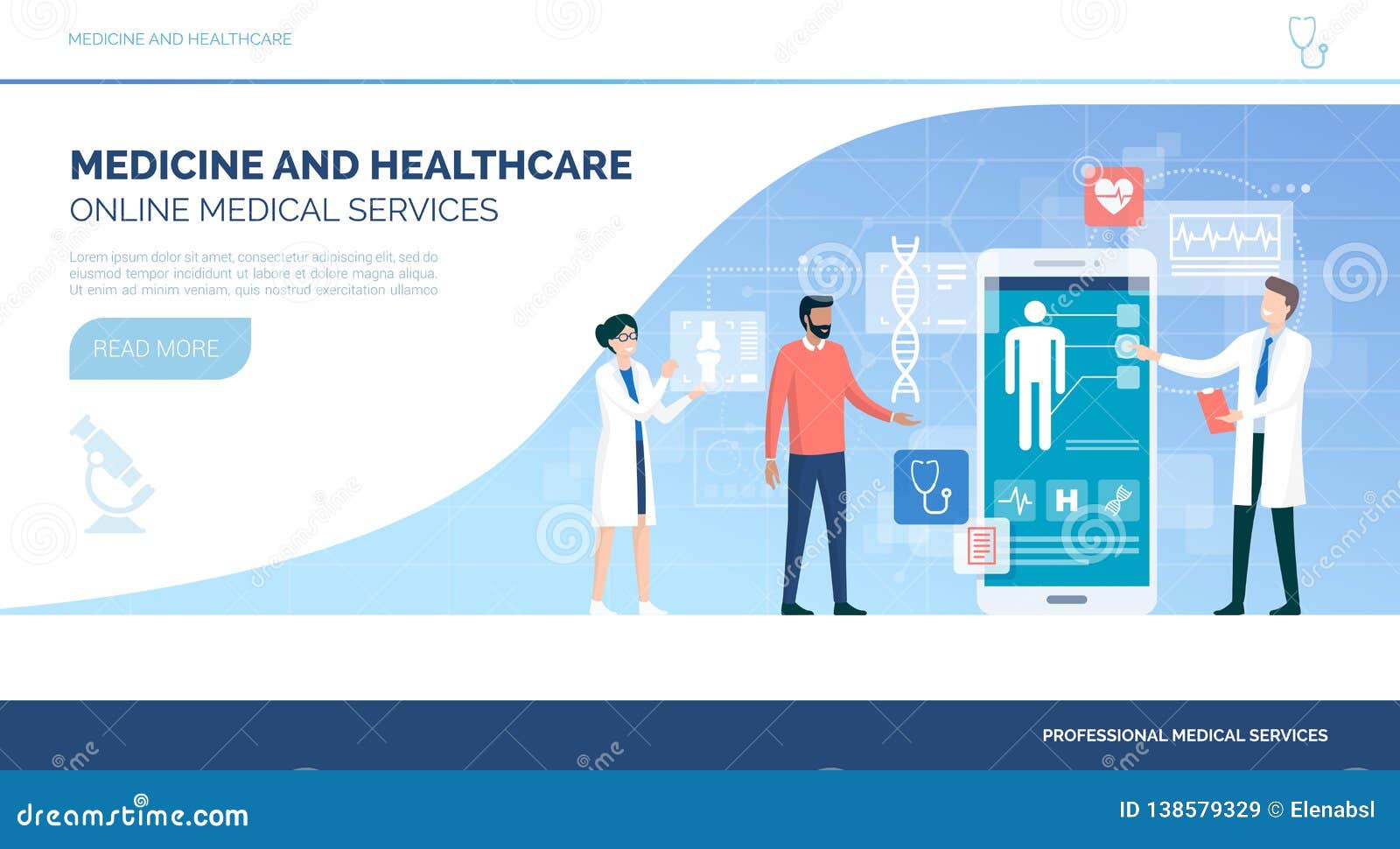Discover the Advantages of Subscription Based Healthcare for Affordable Medical Care
How Subscription-Based Healthcare Is Changing the Medical Sector

The Surge of Membership Medical Care
In recent years, the health care industry has seen a significant change towards subscription-based designs, reflecting more comprehensive consumer trends favoring convenience and predictability. This improvement is driven by the enhancing demand for more tailored and obtainable care options. Membership healthcare, occasionally referred to as attendant medicine or straight medical care, supplies people a set regular monthly cost for a series of clinical solutions, dramatically altering traditional fee-for-service designs.
The increase of subscription medical care is promoted by developments in innovation, which enable streamlined interaction in between people and providers - subscription based healthcare. Digital platforms and telehealth solutions have actually become indispensable, providing patients the capability to set up visits, gain access to medical documents, and get examinations online. This technological integration not just enhances patient interaction yet also permits suppliers to provide more effective treatment
Moreover, the subscription model lines up with the progressing assumptions of individuals who look for even more control over their health care expenses and experiences. While this model is acquiring traction, its proliferation faces difficulties such as regulative obstacles and the necessity for broader approval within the typical medical care environment.
Benefits for Individuals and Suppliers
Subscription-based healthcare supplies a wide variety of advantages for both carriers and clients, reshaping the characteristics of clinical care. For clients, this model offers enhanced access to health care services.
For health care suppliers, subscription-based designs cultivate an even more sustainable and enjoyable practice. By protecting a constant income stream, carriers can concentrate on providing high-grade treatment without the pressure of volume-based service. This version motivates longer patient examinations, fostering stronger patient-provider connections and boosting health outcomes. In addition, it offers suppliers the flexibility to introduce and integrate preventive and all natural treatment methods. Management jobs are frequently structured, lowering overhead costs and allowing companies to devote more time to patient communication. Generally, subscription-based medical care straightens the rewards of clients and companies, promoting a more efficient and patient-centered health care delivery system.
Key Attributes of the Model
Often, the vital features of the subscription-based medical care design emphasize its unique strategy to providing medical solutions. Central to this model is the principle of predictable, monthly settlements, offering individuals a detailed range of services without the changability of typical fee-for-service structures. This version typically consists of endless access to medical care solutions, preventive care, and routine check-ups, making certain that people can browse around this web-site engage with their doctor proactively as opposed to reactively.
Additionally, straight communication channels, such as telemedicine and messaging systems, are stressed, permitting individuals to obtain timely recommendations and examinations without requiring in-person appointments. This boosts ease of access and ease, especially for individuals with wheelchair restraints or those living in remote locations. The version likewise cultivates more powerful doctor-patient partnerships, as medical care companies are incentivized to concentrate on lasting health outcomes as opposed to temporary gos to.
Additionally, subscription-based healthcare often integrates technical developments, such as click here now electronic health documents and health surveillance applications, to supply reliable and individualized treatment. Clients take advantage of coordinated and continuous care monitoring, which is tailored to their certain health demands. Ultimately, these attributes collectively develop a patient-centered healthcare experience, prioritizing ease of access, price openness, and preventive treatment.

Factors To Consider and difficulties
While the subscription-based medical care design offers countless benefits, it is not without its difficulties and considerations. Registration versions might unintentionally favor those with higher socioeconomic condition, possibly broadening differences in health care access for lower-income people that might struggle with month-to-month costs.
An additional difficulty hinges on regulatory conformity. Subscription-based health care should browse a complex web of regulations that differ by area, consisting of issues around patient confidentiality, data protection, and state licensing demands. Guaranteeing compliance without hampering the design's versatility and development can be daunting for carriers.
Furthermore, there is the risk of overutilization or underutilization of solutions. People paying a dealt with cost could overuse solutions, causing increased operational expenses, while others may underutilize because of be afraid of straining the system, possibly overlooking necessary care.
Future Potential Customers and Innovations
The landscape of subscription-based healthcare is positioned for change through emerging advancements and progressing prospects. As technology continues to advancement, the combination of expert system and artificial intelligence offers substantial possibilities to enhance analysis accuracy and streamline person monitoring. Predictive analytics can reinvent precautionary care by recognizing possible wellness risks before they show up, consequently lowering both prices and the burden on medical care systems.
Additionally, telemedicine is readied to increase within membership versions, offering clients boosted accessibility to medical care specialists no matter geographical restrictions. This not just assists in connection of treatment however likewise empowers clients to engage even more actively in their health and wellness monitoring. Furthermore, blockchain technology uses potential in protecting patient information and ensuring interoperability throughout platforms, fostering trust fund and transparency.
Collaborations in between technology companies and medical care carriers are likely to produce cutting-edge services, improving patient experiences and results. As these prospects appear, subscription-based health care has the potential to redefine just how treatment is delivered and accessed.
Verdict
Subscription-based medical care is transforming the clinical industry by offering a much more accessible, predictable, and patient-centered browse around this web-site strategy to clinical solutions. Despite obstacles such as regulative obstacles and prospective disparities in accessibility, the membership version holds guarantee for a more customized and efficient healthcare experience.
Registration healthcare, often referred to as attendant medicine or direct key treatment, offers people a set regular monthly fee for a variety of medical services, substantially changing traditional fee-for-service designs.
Additionally, the membership model lines up with the evolving expectations of individuals that seek more control over their healthcare expenditures and experiences. For people, this design offers improved access to medical care services. In general, subscription-based medical care aligns the motivations of clients and companies, promoting a more effective and patient-centered health care shipment system.
Moreover, telemedicine is established to expand within registration models, offering people boosted access to health care specialists no matter of geographical constraints. - subscription based healthcare